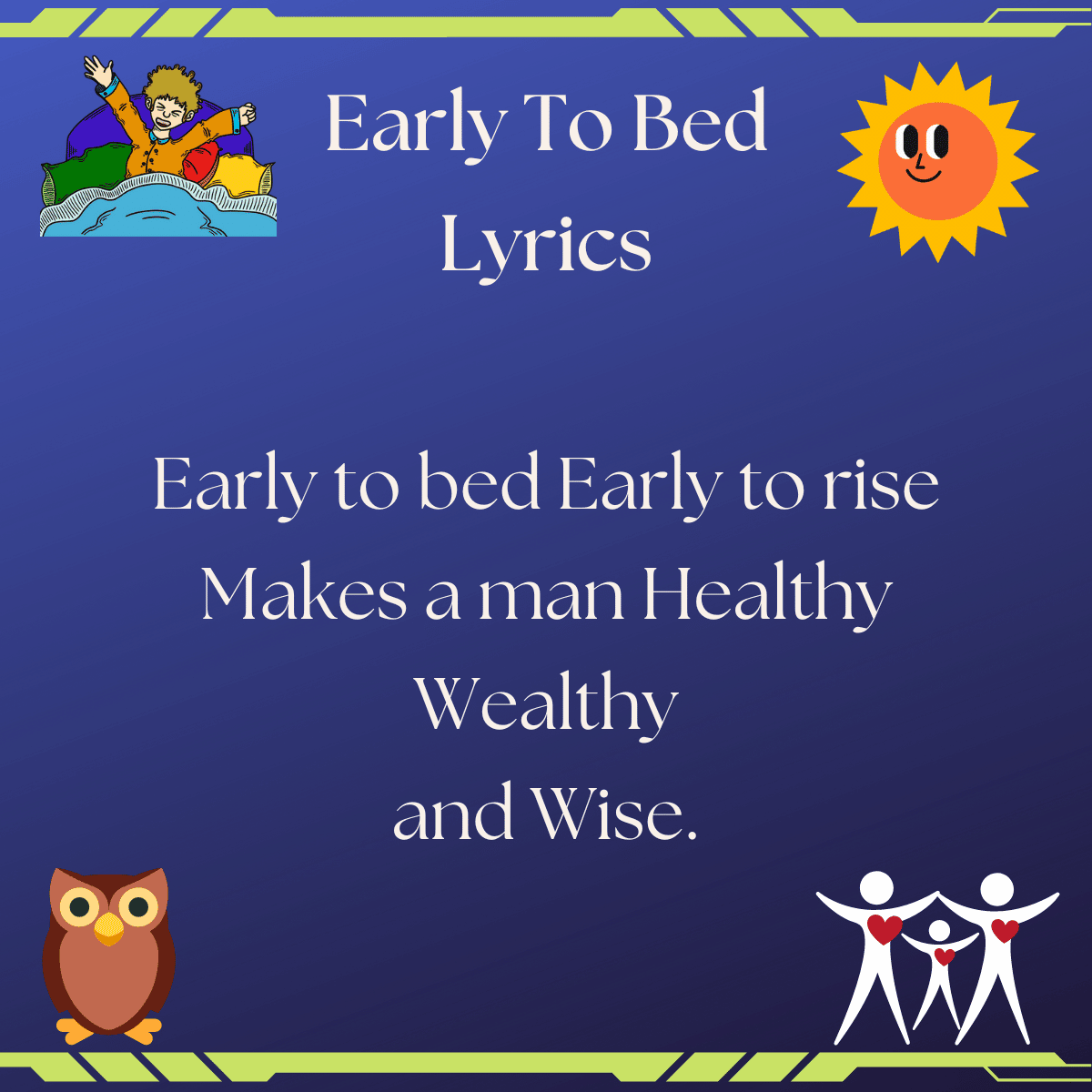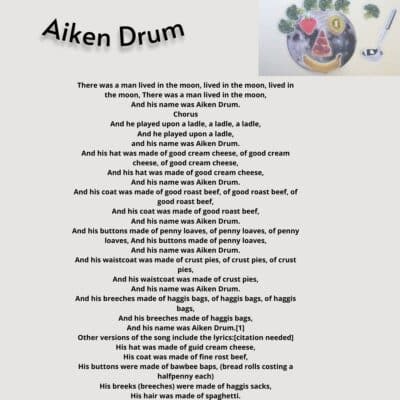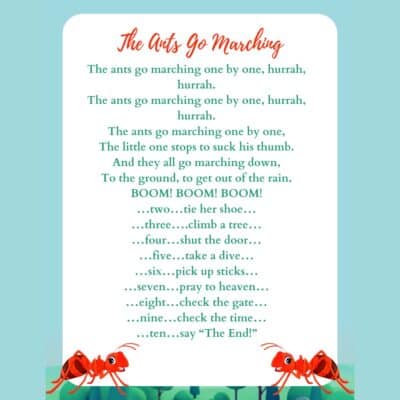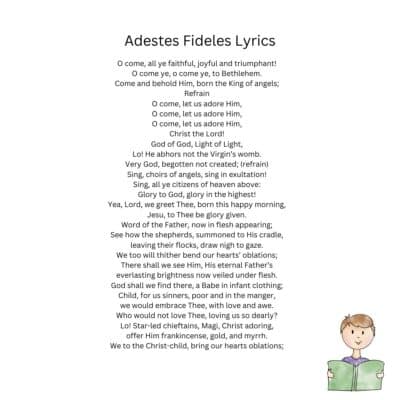Good habits die hard! Isn't it a proverb that we all believe in? We all want to instill good habits in our kids too. And, what better than doing it with something fun and educational?
Toddlers love nursery rhymes which is also one of the best ways to make them learn something. ‘Early to bed’ is an excellent option for teaching kids about sleeping habits and how they are beneficial for good growth.
Let’s read and learn more about the poem.
Written Lyrics
Early to bed
Early to rise
Makes a man
Healthy
Wealthy,
and Wise
Printable Lyrics
Check out the printable lyrics. Click here to download.
Photo Lyrics

Video Links:
It is a great rhyme/song that you can sing to your child at bedtime. Here’s a slow version of the song link. Click on the video link to play this rhyme, and sign it along with your kids.
Watch here:
Origin and History
This proverb was seen in print as early as 1496 in a piece called The Treatise of Fishing with an Angle. So, you can imagine that it is quite an old one.
In 1639, it appeared in its current form in a book called “Parœmiologia Anglo-Latina” or ‘Proverbs English, and Latin’ by John Clarke. Another similar proverb became famous in 1830: "The cock doth crow to let you know, If you be wise, ‘Tis time to rise.”
The two proverbs together form the nursery rhyme:
The cock crows in the morn
To tell us to rise,
And he that lies late
Will never be wise:
For early to bed,
And early to rise,
Is the way to be healthy,
And wealthy and wise.
Benjamin Franklin used the proverb in his book, “Poor Richard’s Almanac” in 1735, but that being its origin is a misattribution. It became very popular in the 19th century. We also have something similar written by Aristotle, “It is well to be up before daybreak, for such habits contribute to health, wealth, and wisdom.”
James Thurber, the American writer, and cartoonist, wrote a funny parody of this proverb. However, the wordings are not kid-friendly.
FAQs
Though many people believe that Benjamin Franklin used the saying first in his book “Poor Richard’s Almanac” in 1735, this is a misattribution. Actually, it originated long before Franklin’s time.
It appeared in print as early as 1496, in a piece called The Treatise of Fishing as a proverb. In 1639, John Clarke wrote and published “Parœmiologia Anglo-Latina” or ‘Proverbs English, and Latin’ where it was mentioned as well.
It is a proverb that originated way back in the 1400s. It is also mentioned in John Clarke’s book, ‘Proverbs English, and Latin’ published in 1639.





Leave a Reply